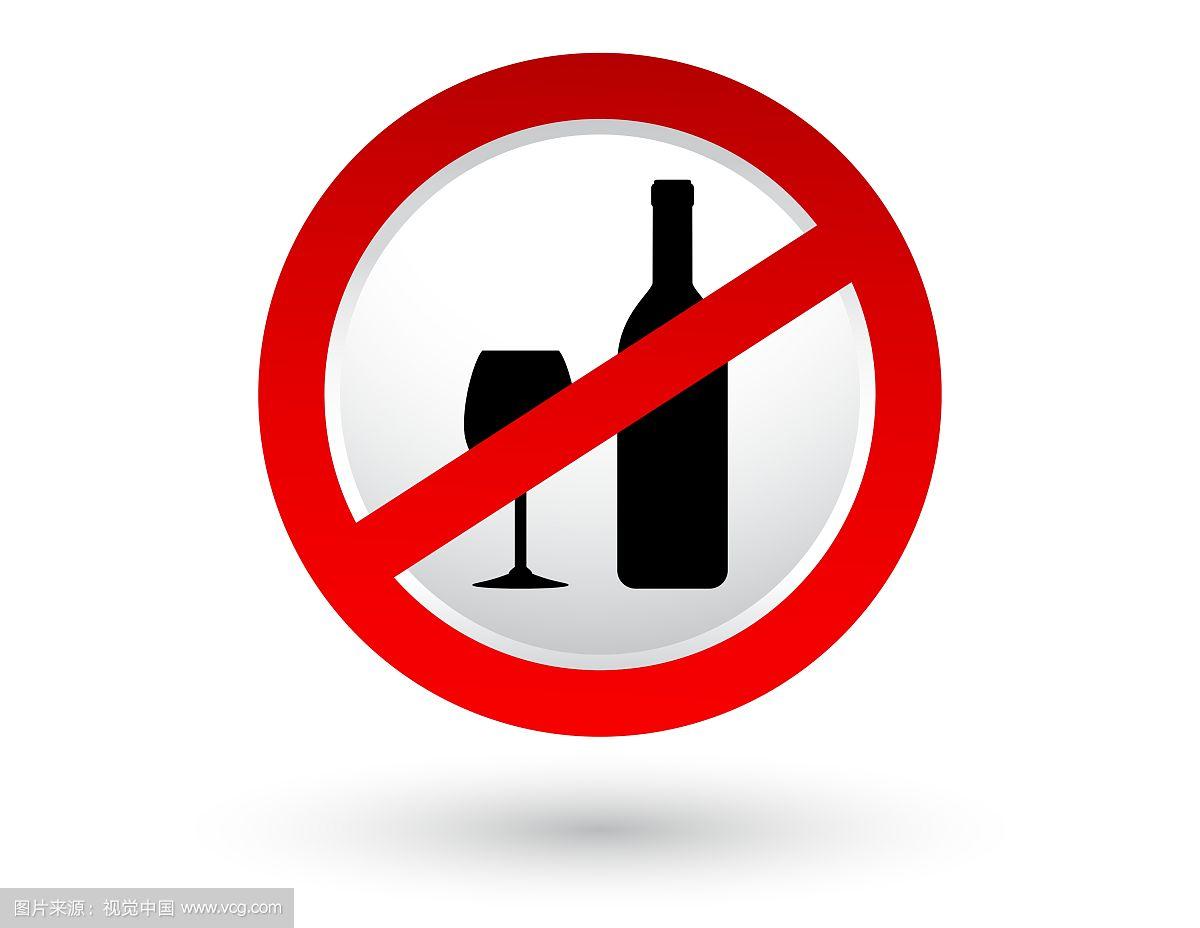Alcohol addiction is a complex and multifaceted condition that affects millions of individuals worldwide. Overcoming this challenge requires more than just willpower; it demands a structured, phased approach that addresses the physical, psychological, and social dimensions of recovery. The Phased Breakthrough Alcohol Recovery Program is designed to guide individuals through a transformative journey toward sustained abstinence and improved quality of life. This program is built on evidence-based practices and holistic support, ensuring that each phase is tailored to meet the unique needs of the individual.
Phase 1: Acknowledgment and Assessment
The first step in any successful recovery journey is acknowledgment. This phase involves recognizing the presence of an alcohol use disorder and its impact on one's life. Without this crucial admission, progress is nearly impossible. During this stage, individuals work with certified counselors to conduct a comprehensive assessment of their drinking patterns, physical health, mental well-being, and social environment. This assessment helps in creating a personalized recovery plan that addresses specific triggers, underlying issues such as anxiety or depression, and any co-occurring disorders.

Key components of this phase include:
- Self-reflection exercises: Encouraging individuals to document their drinking habits and the consequences they face.
- Professional evaluation: Involving medical and psychological experts to assess the severity of addiction and any health complications.
- Goal setting: Establishing clear, achievable short-term and long-term goals for recovery.
This phase sets the foundation for the entire program, emphasizing honesty, self-awareness, and commitment.
Phase 2: Detoxification and Stabilization
Detoxification is often the most physically challenging part of recovery. This phase focuses on safely managing withdrawal symptoms, which can range from mild anxiety and nausea to severe complications like seizures or delirium tremens. Medical supervision is critical during detox to ensure safety and comfort. The program provides 24/7 medical support, including medication-assisted treatment (MAT) when necessary, to alleviate withdrawal symptoms and reduce cravings.
In addition to physical stabilization, this phase introduces individuals to the basics of coping mechanisms. Therapy sessions begin to address the psychological aspects of addiction, helping participants understand the connection between their thoughts, emotions, and behaviors. Group therapy and peer support are also introduced, fostering a sense of community and reducing feelings of isolation.
Phase 3: Rehabilitation and Skill Building
Rehabilitation is the core of the recovery program, where individuals learn the skills necessary to maintain abstinence long-term. This phase combines individual therapy, group sessions, educational workshops, and holistic practices such as mindfulness and exercise. Cognitive Behavioral Therapy (CBT) is a central component, helping participants identify and change negative thought patterns and behaviors associated with drinking.
Key elements of this phase include:
- Relapse prevention training: Teaching strategies to recognize and manage triggers, cravings, and high-risk situations.
- Emotional regulation: Developing healthy ways to cope with stress, anger, sadness, and other emotions without turning to alcohol.
- Life skills development: Focusing on areas such as time management, financial planning, and communication to build a stable and fulfilling life in recovery.
This phase typically lasts several weeks to months, depending on individual progress, and emphasizes the importance of building a solid foundation for lasting change.
Phase 4: Integration and Community Support
Recovery does not end after rehabilitation; it requires ongoing effort and support. Phase 4 focuses on integrating the skills learned during rehabilitation into daily life. This includes transitioning back into work, family, and social environments while maintaining abstinence. The program provides continued counseling and support groups to help individuals navigate challenges and celebrate successes.
Community involvement is a critical aspect of this phase. Participants are encouraged to engage in sober activities, build new friendships, and find purpose through volunteering or pursuing hobbies. Family therapy may also be offered to repair relationships and create a supportive home environment.
Phase 5: Maintenance and Growth
The final phase of the program is dedicated to maintaining abstinence and fostering personal growth. Recovery is a lifelong journey, and this phase emphasizes the importance of continuous self-improvement and resilience. Regular check-ins with counselors, participation in support groups like Alcoholics Anonymous (AA), and ongoing mental health care are encouraged to prevent relapse.
This phase also encourages individuals to set new goals beyond recovery, such as career advancement, educational pursuits, or physical fitness. By focusing on holistic well-being, individuals can build a life that is not only free from alcohol but also rich in meaning and fulfillment.
Conclusion
The Phased Breakthrough Alcohol Recovery Program offers a structured, compassionate, and comprehensive path to abstinence. By addressing the physical, psychological, and social aspects of addiction, this program empowers individuals to break free from alcohol and build a brighter future. Recovery is challenging, but with the right support and dedication, lasting change is achievable.




发表评论